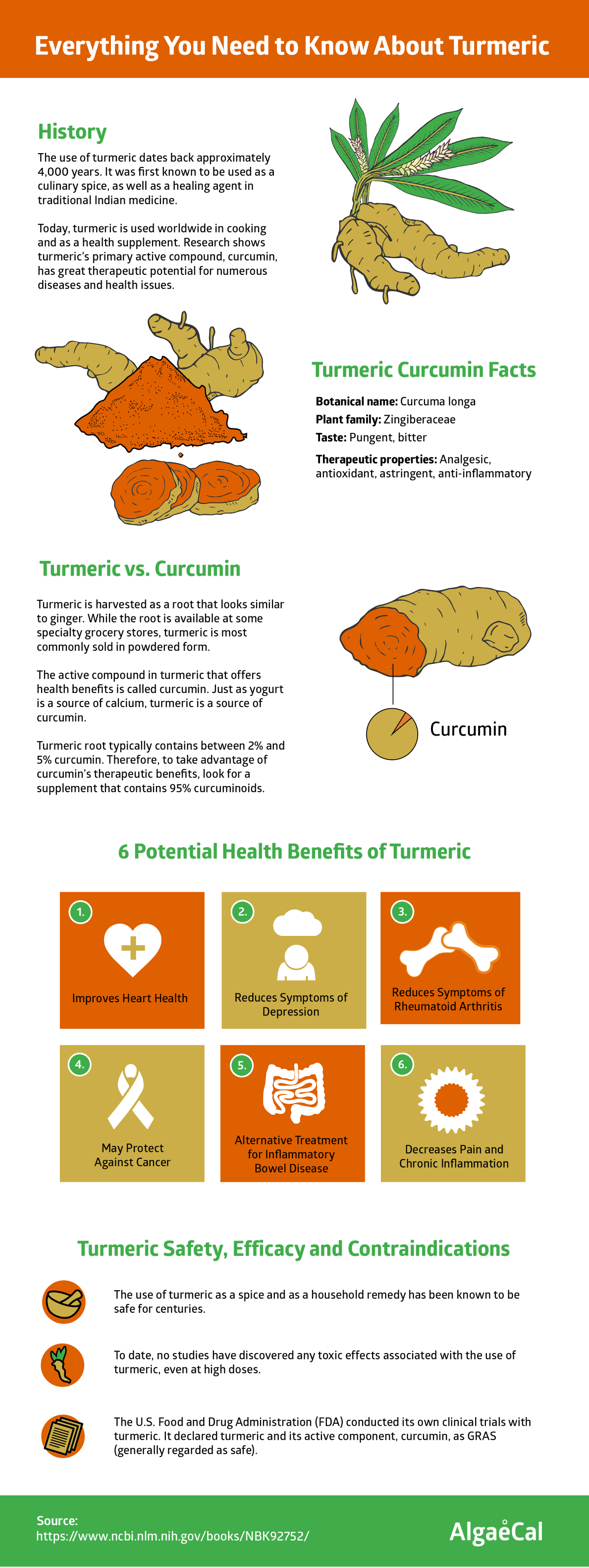3. Turmeric may help to reduce the risk of cardiovascular disease
Vascular endothelial function diminishes with increasing age and is linked to greater cardiovascular disease risk. Lifestyle modifications, especially dietary adjustments and aerobic exercise, have a positive impact on vascular aging.
In a study involving postmenopausal women, researchers looked into how aerobic exercise training and curcumin intake impacted flow-mediated dilation as an indicator of endothelial function.1✅ JOURNAL REFERENCE
DOI: 10.1016/j.nutres.2012.09.002 Curcumin is a component found in turmeric with established anti-oxidative and anti-inflammatory effects.
For the study, 32 postmenopausal women were allocated to 3 groups: curcumin, exercise, and control groups. For 8 weeks, the individuals assigned to the curcumin group consumed curcumin. For 8 weeks, the exercise group took part in moderate aerobic exercise training.
Measurements of flow-mediated dilation were taken before as well as after each intervention. No baseline differences in flow-mediated dilation or any other significant dependent variables were found among any of the groups. There was a significant and equal increase in flow-mediated dilation in the exercise and curcumin groups, with no changes seen in the control group.
The results suggested that aerobic exercise training and ingestion of curcumin can increase flow-mediated dilation, indicating that both could potentially improve endothelial function decline related to aging.

Image Source – algaecal


